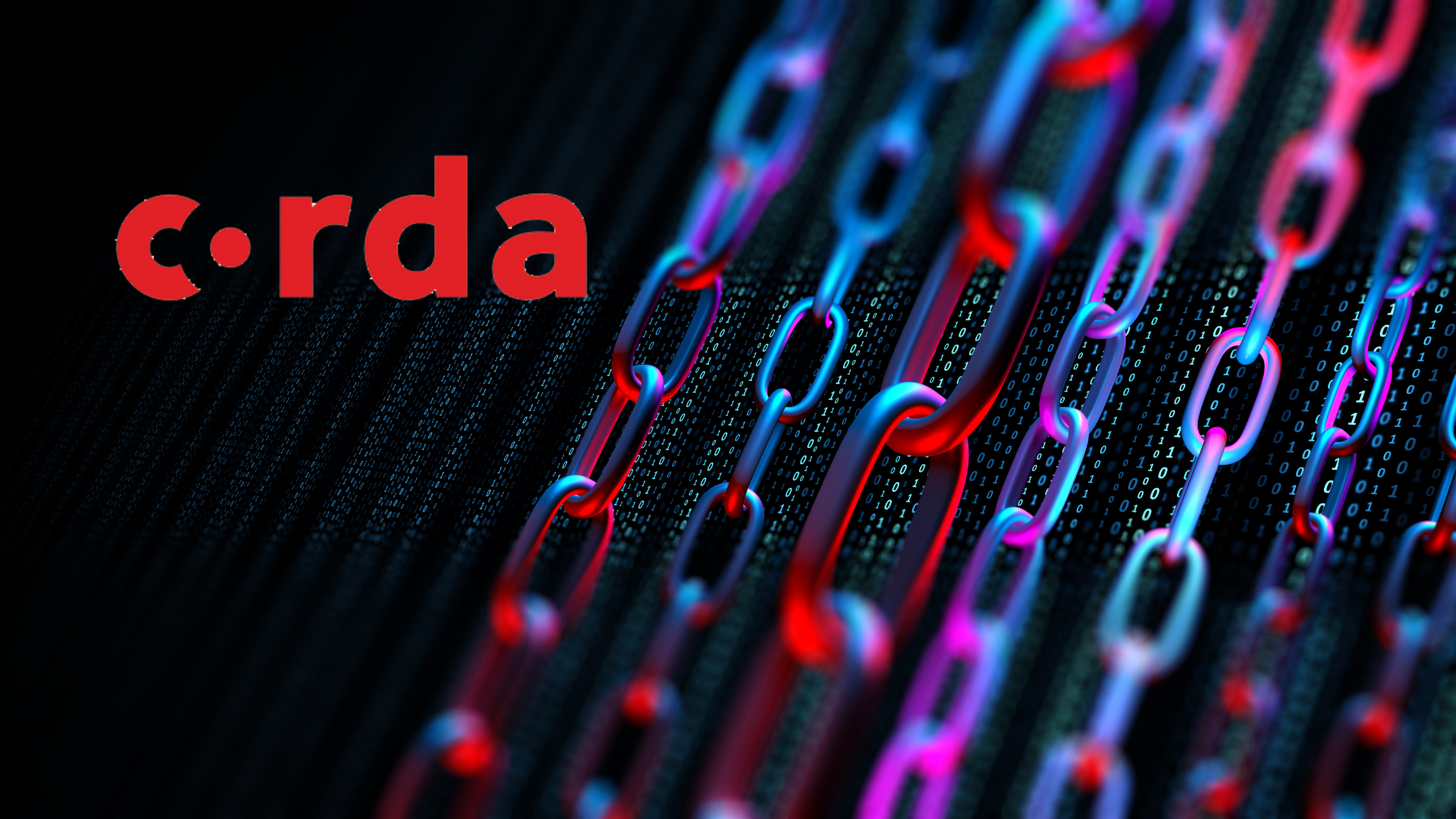Table of Contents
Introduction – What is Corda?
Corda is a private and permissioned blockchain platform that enables businesses to build Distributed Ledger Technology (DLT) applications.
DLT encompasses all dencentralized databases which are run by multiple participants. This includes cryptographically secure and immutable DLTs called blockchains (e.g. Bitcoin/Ethereum) and other cryptographically secure ledgers (e.g. Hedera’s “hashgraph”/IOTA’s “tangle”).
All blockchains are DLTs but not all DLTs are blockchains.
The group behind Corda is R3, which is a consortium of some of the world’s leading companies in the financial services space. However, despite being established within the realm of financial services, Corda has many use cases for companies and institutions. Some of its use cases include:
- banking
- capital markets
- global trade
- insurance
- energy
- healthcare
- GovtTech
- Telecommunications
What problems does Corda aim to solve?
From the inception of the Bitcoin blockchain, it was clear that blockchain technology had major potential to have an impact on most industries. However, public, permissionless blockchains are not an ideal solution for a lot of organisations.
Blockchains aim to have the following attributes to a degree:
- Dencentralisation
- Security
- Scalability
Generally speaking, one or more of the above is sacraficed in favour of another. For example, if a blockchain focuses on decentralisation and security (as Bitcoin does), scalability is likely to be compromised to a certain degree. While Bitcoin is very decentralised, its transaction speeds are woefully slow.
Corda was designed to focus on security, privacy, speed and scalability.
Is Corda actually a blockchain?
The answer is both “yes” and “no”. Corda is both a blockchain and not a blockchain. While it has many of the attributes of blockchains like Bitcoin and Ethereum, its developers took the concept of blockchain and retrofitted it to meet the needs of private enterprises.
Corda doesn’t batch transactions into blocks. Instead, it confirms transactions in real-time and stores them in a chain of transactions.
How does Corda validate transactions and prevent double spending?
Corda uses a mechanism called “notaries” for transaction ordering. Notaries keep track of incoming and outgoing transactions, hence preventing multiple processing of the same transactions (double spending).
Notaries are essentially the permissioned nodes on the Corda network.
Privacy
As mentioned, Corda was developed based on blockchain, but with enterprise in mind. Private enterprises value privacy and this is one of the main features of Corda. On a traditional public blockchain, such as Ethereum, transactions are not private – they are pseudonymous. In addition, anyone can examine transactions on the blockchain. For example, if you know a users public key, you can see their transaction history.
The Corda network is permissioned. This means that permission is required to access the network and all participants are identifiable and known to network administrators.
In addition to this, transaction information is shared between participants on a “need to know” basis. R3 perhaps recognise the reality of business transactions, they state: “On the grounds of confidentiality, we reject the notion that data should be broadcast to all participants or cumbersome pre-defined groups.”







 Bitcoin
Bitcoin  Ethereum
Ethereum  Tether
Tether  Solana
Solana  USDC
USDC  Lido Staked Ether
Lido Staked Ether  XRP
XRP  Dogecoin
Dogecoin  Toncoin
Toncoin  Cardano
Cardano  Shiba Inu
Shiba Inu  Avalanche
Avalanche  Wrapped Bitcoin
Wrapped Bitcoin  TRON
TRON  Bitcoin Cash
Bitcoin Cash  Polkadot
Polkadot  Chainlink
Chainlink  Internet Computer
Internet Computer  Polygon
Polygon  Litecoin
Litecoin  NEAR Protocol
NEAR Protocol  Uniswap
Uniswap  LEO Token
LEO Token  Dai
Dai  Aptos
Aptos  Ethereum Classic
Ethereum Classic  Mantle
Mantle  First Digital USD
First Digital USD  Stacks
Stacks  Filecoin
Filecoin  Cronos
Cronos  OKB
OKB  Stellar
Stellar  Cosmos Hub
Cosmos Hub  Renzo Restaked ETH
Renzo Restaked ETH  Render
Render  Arbitrum
Arbitrum  Immutable
Immutable  Bittensor
Bittensor  Hedera
Hedera  dogwifhat
dogwifhat  Maker
Maker  Injective
Injective  The Graph
The Graph  Ethena USDe
Ethena USDe  Optimism
Optimism  Wrapped eETH
Wrapped eETH